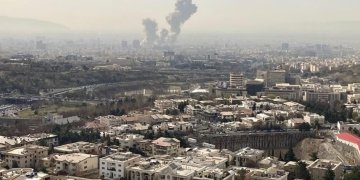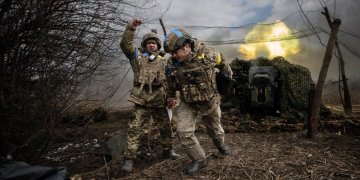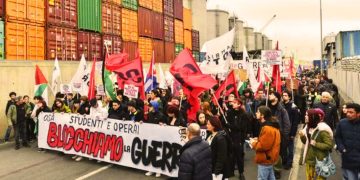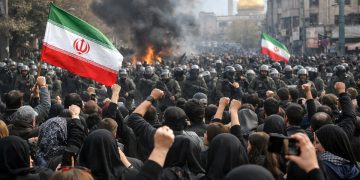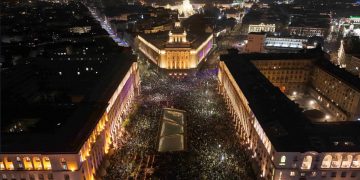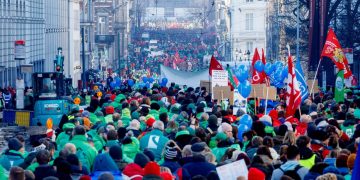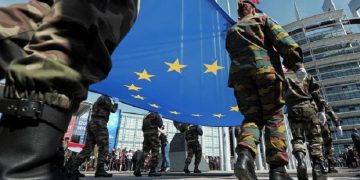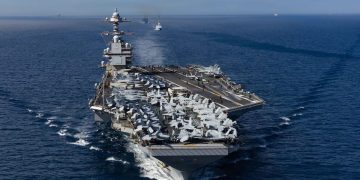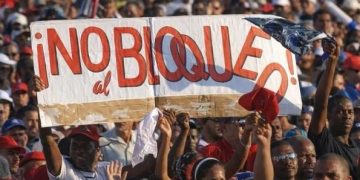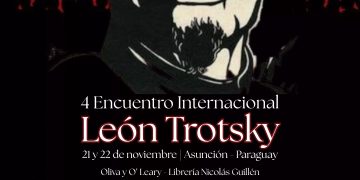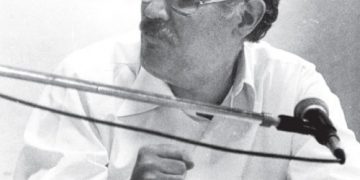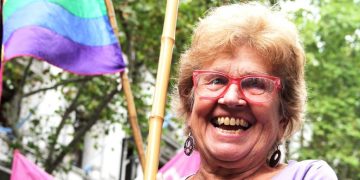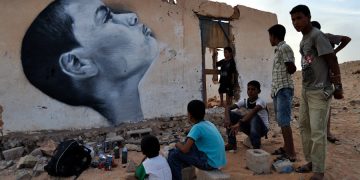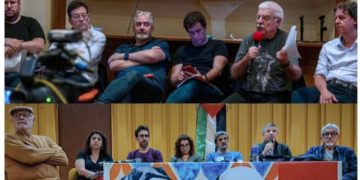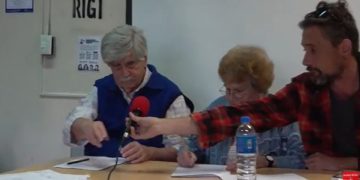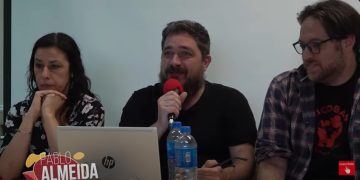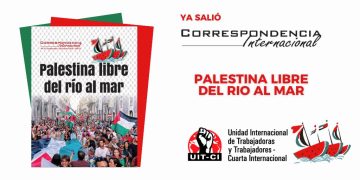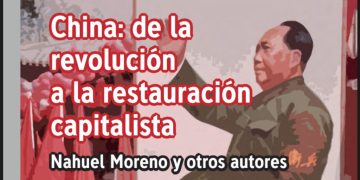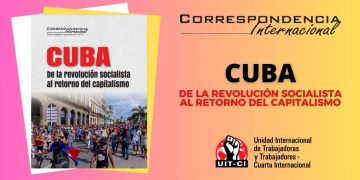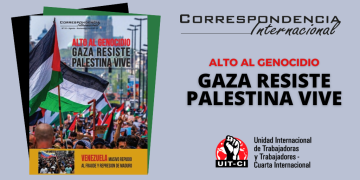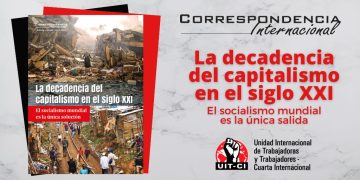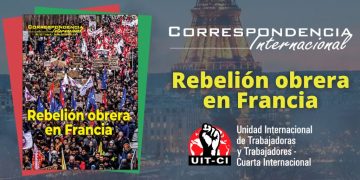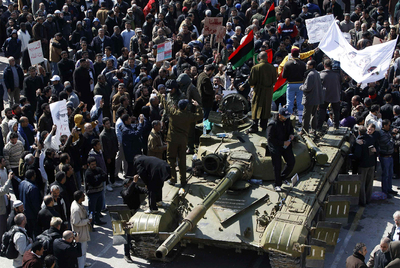 Adeed nassar
Adeed nassar
Tripoli is the second city in Lebanon as to population, economic and administrative importance, so it is named “the second capital” of Lebanon.
The population of Tripoli is close to one million, and it is one of the oldest cities on the Mediterranean and also has its historical importance and important strategic location.
Neoliberal economic policies that went too far to be characterized by mafia, based mainly on indebtedness, rentier investment and borrowing, destroyed the productive and lots employment sectors in the country, and Tripoli’s share of these policies was the largest.
For decades, industries in Tripoli were destroyed, the oil refinery was suspended there, its port was neglected, and all the development projects that had been started since the seventies of the last century: the Olympic stadium, the international exhibition, etc.
As for the basic services, such as education, health, hospitalization, and environment… they have declined dramatically and seriously.
So, the unemployment rate rose to unbearable limits among the city’s residents, and the poverty rate increased to more than 60% of its population, until it was said that it is the poorest city on the average, although a number that does not exceed the fingers of one of its children are perhaps the wealthiest in the countries of the region.
Over the last three decades, the dominant regime forces, as well as the regional powers, viewed the poverty-stricken city of Tripoli as a prey that could be tampered with by employing militia elements to serve the goals of this local or regional party.
The distribution of «humanitarian» aid was an opportunity to take advantage of people’s poverty and destitution, and to employ all of this in forming killing gangs or armed militias, as in the corruption operations that accompany the parliamentary or municipal elections through vote buying.
With the eruption of the current economic, financial and living crisis two years ago, the suffering of the people of Tripoli was doubled. Therefore, Tripoli’s participation in the October 17 uprising was distinctive, so the Lebanese called it: the bride of the revolution.
The outbreak of the Corona epidemic and the repeated general closures have made the screws more tight on the people of the city, most of whom work on a daily basis to get their daily food.
The increasing pressure pushed the people of the city to rise again and with greater force, so they directed the repression to fire direct bullets at the demonstrators, which led to the deaths of dozens of them, wounded with bullets, and the death of more than one demonstrator.
On the last Sunday in January 2021, and in solidarity with the city and its people, hundreds of Lebanese left all Lebanese regions and went to Tripoli and demonstrated there, breaking the authority’s decisions of general closure and denouncing the repressive measures practiced against the protesters from the city’s residents.
The increasing pressure pushed the people of the city to rise again and with greater force. They clashed with the suppression of the security services and the army, leading to the direct shooting of the demonstrators by the security forces, which resulted in dozens of them being wounded and more than one demonstrator dead.








